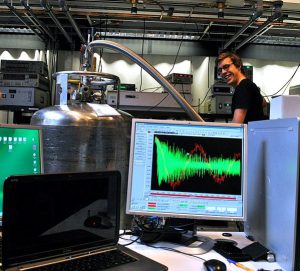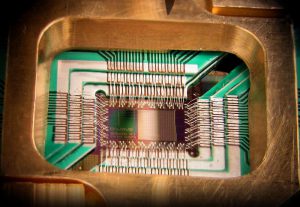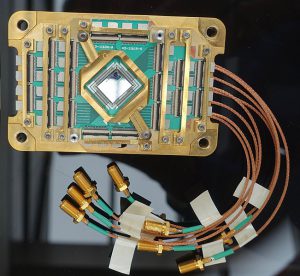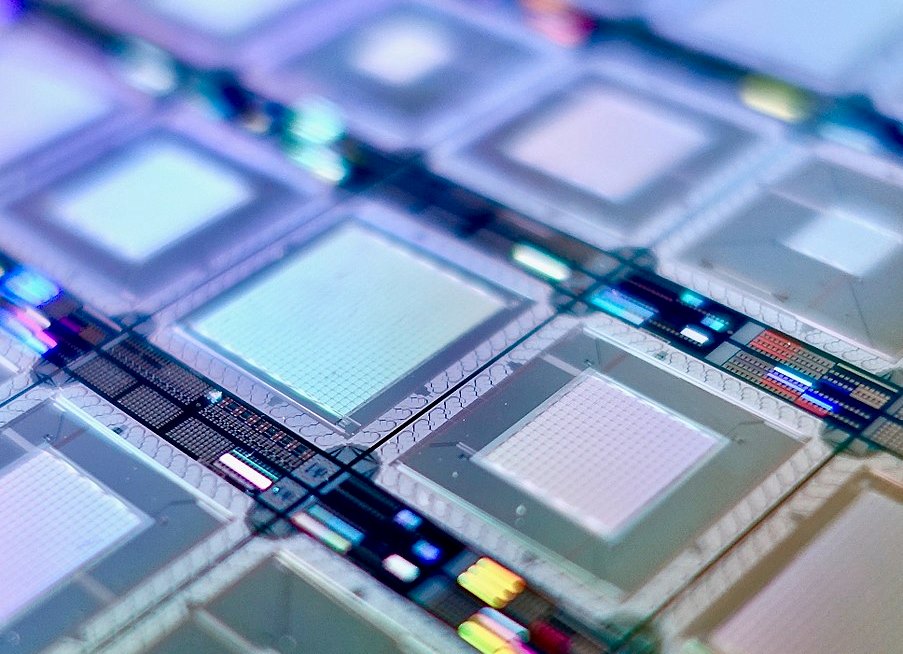Quantum Computers – Myth or Something Possible
The world is changing, we can feel it in the internet connection, we can feel it in the monitor panel quality. Referencing Lord of the Rings is a good way to show how far we have come with technology. Back in 1999, computers were arguably a lot slower than they are today. Back then, a single core processor was the best that you could obtain. Today, regular consumers have access to 16 core processors while those with a more workstation oriented job can buy up to 64 cores. So, nowadays, people can quickly search for online news or goldenpromo.codes on their computers. Remember, we could not imagine such a computer speed 20 years ago.

But for some people, this is not far enough. For some people, no matter the number of cores, nor the increase in clock speeds, nor the increases in instructions per clock, nothing will matter unless the entire process is changed from the get go.
These people are trying their hardest to make quantum computing a real thing, not just something currently supported by theories, only. What is quantum computing and how is it different to regular computing? Firstly, we should look at how regular computers work.
Regular Computing – Bits
Bits are what our computers use today to do everything we want them to do. A bit stands for binary digit which are in our case either 0 or 1. Our microprocessors use transistors, or rather, MOSFETs, which are metal-oxide transistors, which switches electronic signals. Current microprocessors use over 3 billion of such transistors which decide whether they should be changed, or remain the same. This process is long, having in mind that in theory, it can be shortened or simply, it can be bypassed altogether.

Here is a simple example. Bits are binary, meaning to digits are always used to calculate everything. Take a string of 7 numbers. 2 to the power of 7 is 128. For a regular computer to decide the possible states of each number, it will take 128 steps. For a quantum computer, only a single step would be necessary. Here is how quantum computing could work and why it will be important if it ever comes to be.
Quantum Computing – Qubits
Qubits are bits held in superposition. Remember Schrodinger’s cat? The cat is both alive and dead at the same time but we won’t know until we take a peak. In quantum computing, qubits are held in superposition, meaning that they can be whatever, until we actually type in something, move a mouse or send a request for a search and then they become something more concrete. Quantum computing does not actually have to figure out the exact state of each qubit, but rather, their probability. Before they are measured or fed through quantum gates, which are called logic gates in regular computing, qubits are in superposition. This way, fewer steps are necessary to figure something out, making handling large chunks of data a breeze.
Speeding Up Computing – It is Always Needed

Regular consumer do not need 16 cores, let alone 64. What would they do with quantum computing? Live longer lives, most likely, as quantum computers could aid researchers go through huge chunks of data much faster. Medicine and science would benefit from quantum computers much more, not to mention servers, which handle huge amounts of data on an hourly basis. With that in mind, quantum computing is still not with us, but it does seem more than just possible.
For regular consumers, 6 to 8 cores has become the standard when talking about microprocessors. For scientists, quantum computing would feel great right about now. Science and technology have shaped our world and will continue to do so. When quantum computing eventually arrives, it will be shaped a bit faster.





